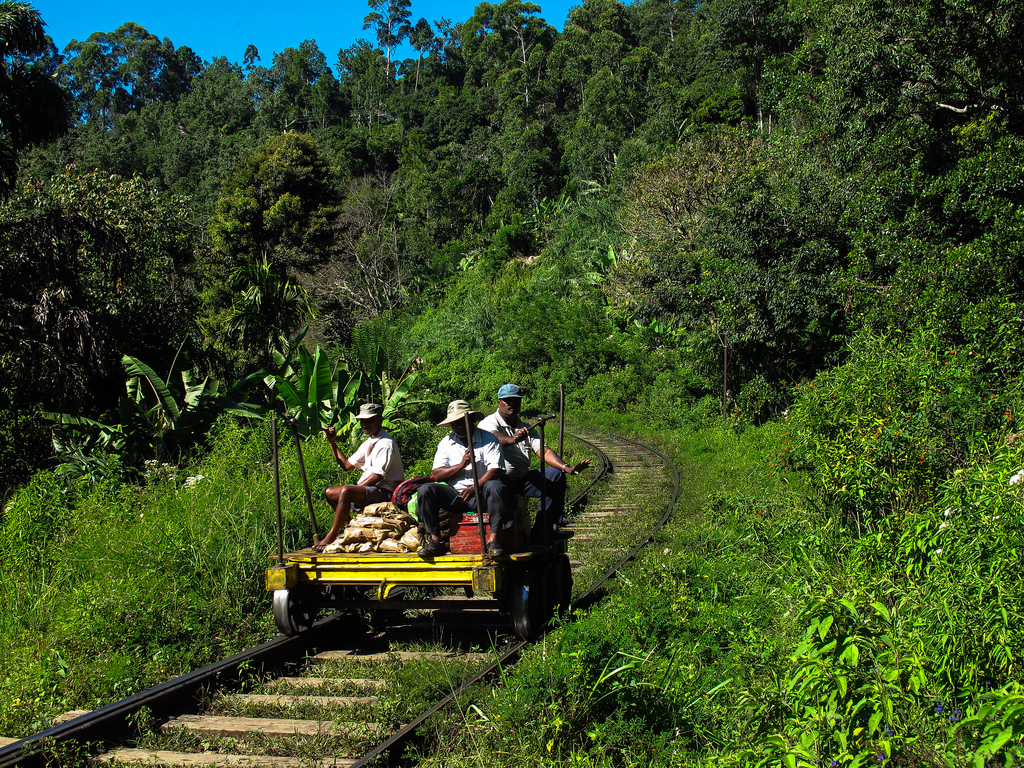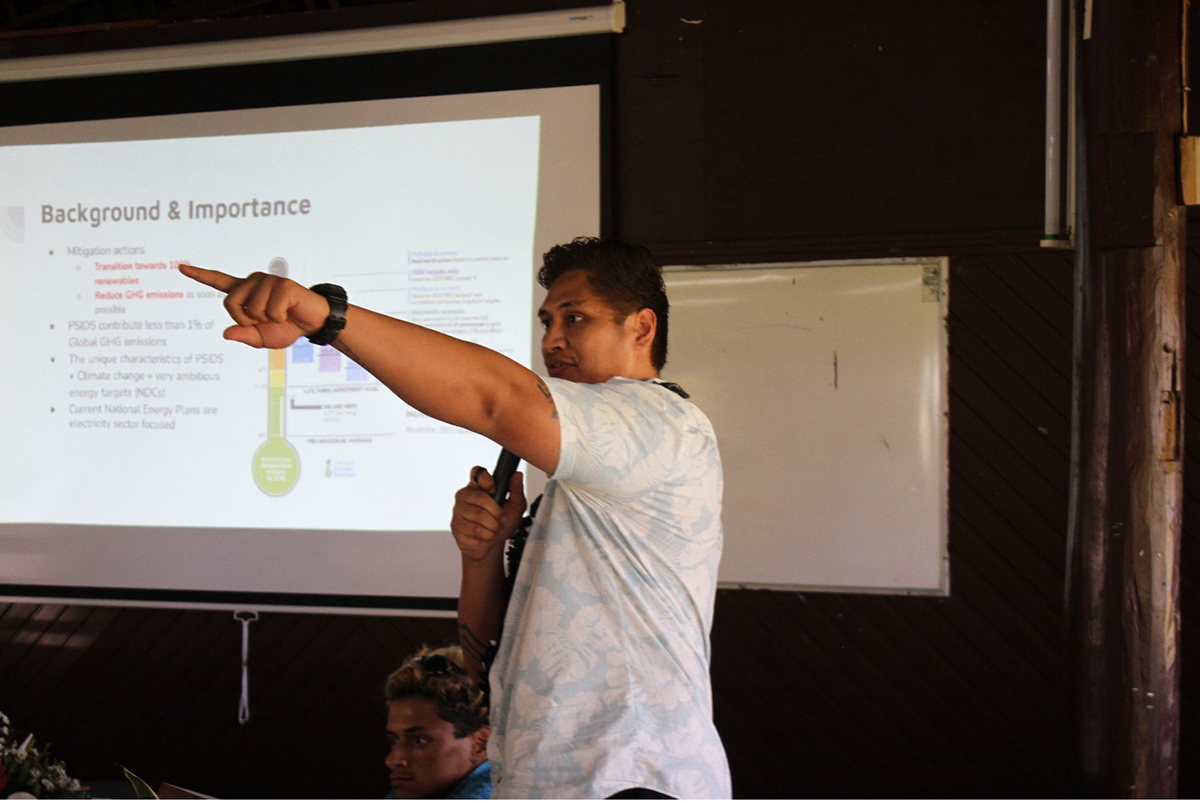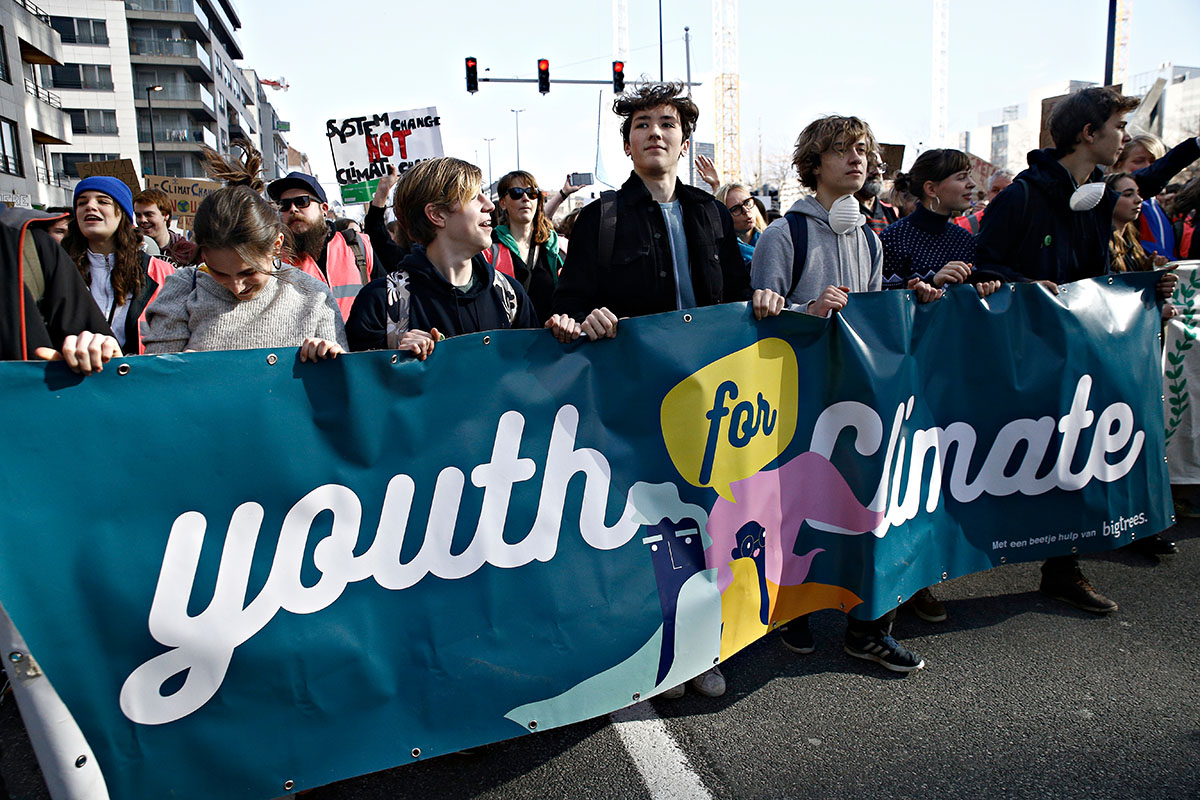“Sri Lanka moves to green policies”
October 30 Sustainable growth is a goal for Sri Lanka, writes Indooshan Shanthakumaran, 27, a Commonwealth Correspondent from Colombo in Sri Lanka, who has compiled a diary of this year’s steps toward green policies.
Sustainable growth is a goal for Sri Lanka, writes Indooshan Shanthakumaran, 27, a Commonwealth Correspondent from Colombo in Sri Lanka, who has compiled a diary of this year’s steps toward green policies.
‘Sri Lanka goes green’ may be a political statement these days, as it is the colour of the main ruling party in the parliament. However, my intention is not to speak about the politics but to speak about the environmentally friendly changes that took place in the country so far this year.
Sri Lanka underwent massive changes this year with respect to politics and the constitution, but despite that the environmental diary keeps on ticking and adding new things.
The following is the environmental diary of Sri Lanka for the year 2015:
23rd January 2015:
Private companies are banned from mining gems and sand from the river banks. This is to prevent the adverse effects caused to the groundwater due to over-mining, and to prevent increase in the salinity of natural water resources.
12th May 2015:
When an NGO based in the Middle East was trying to clear the ‘Wipathu’ forest and build houses by doing massive deforestation, the country was on fire. A huge social media campaign was carried out to create awareness about deforestation. It alarmed the government, and even His Excellency the president became involved in the matter. The housing project was stopped and the public was assured that no further forest destruction will be allowed.
08th June 2015:
The new government of President Maithripala Sirisena brought the island’s 21,782 acres (8,815 hectares) of mangroves under the Forest Ordinance Act, making it illegal for anyone to exploit them for commercial purposes.
14th June 2015:
Importation and use of the agrochemical glyphosate, which is identified as the main cause of chronic kidney disease in the dry zone of Sri Lanka, is completely banned. Even though this was an election promise of the current president, still we can count this as an important step.
28th August 2015:
The Central Environmental Authority of Sri Lanka issued a statement suspending the license of the multimillion dollar beverage legend Coca Cola, as the company reportedly contaminated the Kelani River, which is the major water source of the western province of the country. The statement further elaborated that the diesel fuel that flowed into the river was due to emission from the cola factory. The cola giant immediately accepted the fault and agreed to pay compensation for the damage. Further, they agreed to maintain the emission standard.
02nd September 2015
For the first time in the nations’ history a separate ministry and cabinet minister was appointed for the Ministry of Sustainable Development and Wildlife Conservation. This ministry is purely dedicated to the implementation of the Sustainable Development Goals and wildlife conservation. This is a huge step, as the separate ministry would be more influential over government decisions, making them more sustainable and creating a way for the government to be answerable to the public in terms of the SDGs.
08th September 2015
Sri Lanka hosted its first-ever climate change summit to get a multi-stakeholder consultation to draft the national policy for the COP21. Another important thing discussed in the forum was ways to develop adaptation and mitigation practices locally, and to reduce the gap between the policies and the ground level works.
23rd September 2015
Sri Lanka adopted the Sustainable Development Goals unanimously and the President declared that Sri Lanka will be one of the frontrunners in ecologically driven economic growth. He also promised there will be enormous effort taken to ensure ecological economic growth in Sri Lanka, and that we are aiming to become the first green economy in South Asia.
These steps may be seen as small when you look from outside. However, when you live in Sri Lanka and look at the context of the country, these baby steps mean a lot. We as a middle income country have taken some necessary steps to move more and more towards sustainable growth.
We all are keeping our fingers crossed to see how the work that has been started proceeds and moves ahead.
Reach me on Twitter @indooshan
photo credit: rail worker via photopin (license) www.traveling-shapy.de/
…………………………………………………………………………………………………………………
About me: I am a friendly and fun loving person, highly interested in travelling around getting know different people and making lovely memories. I intend to pursue higher studies in development economics and help small and medium entrepreneurs achieve their development and their country’s development goals.
I am interested in writing about common issues that lie within the Commonwealth countries and to find some reasonable and practical solutions universally.
…………………………………………………………………………………………………………………
Opinions expressed in this article are those of the author and do not necessarily represent the views of the Commonwealth Youth Programme. Articles are published in a spirit of dialogue, respect and understanding. If you disagree, why not submit a response?
To learn more about becoming a Commonwealth Correspondent please visit: http://www.yourcommonwealth.org/submit-articles/commonwealthcorrespondents/
…………………………………………………………………………………………………………………




